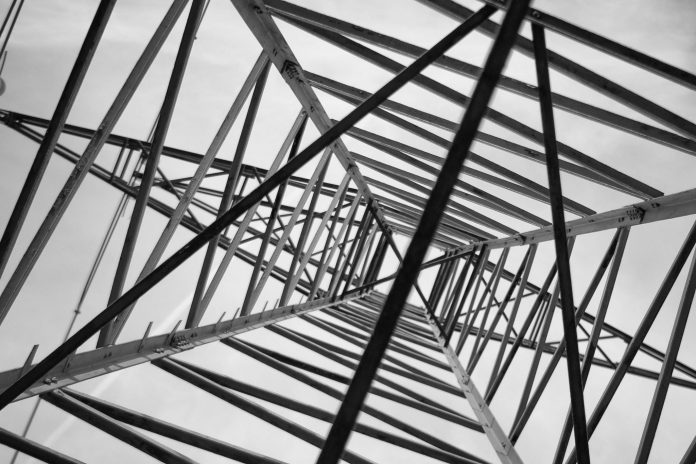The European Commission has found that energy producer Complexul Energetic Hunedoara (CE Hunedoara) received around €60 million of incompatible State aid from Romania through four publicly financed loans. Romania now needs to recover the illegal aid plus interest.
“A government can support a company in financial difficulty if the company has a sound restructuring plan, contributes to the cost of its restructuring and competition distortions are limited. In the case of CE Hunedoara these conditions were not met – we found that the public loans granted by Romania to CE Hunedoara gave the company an unfair economic advantage. This means that the state aid was illegal. Now Romania needs to recover the illegal aid that was granted to the company,” said Commissioner Margrethe Vestager, in charge of competition policy.
On 21 April 2015, the Commission approved under EU State aid rules temporary rescue aid of €37.7 million (RON 167 million) to Complexul Energetic Hunedoara (CE Hunedoara), a Romanian State-owned electricity and heat producer. The company had been in financial difficulty since 2013. In the context of this decision, Romania committed to submit a restructuring plan aimed at ensuring the future viability of CE Hunedoara, should the company be unable to pay back the rescue aid in six months’ time.
Following the non-repayment of the rescue aid by CE Hunedoara and in the absence of a credible restructuring plan or any real steps towards the liquidation of the company, in March 2018, the Commission opened an in-depth investigation.
During the investigation, the Commission assessed whether five publicly financed or supported loans granted to CE Hunedoara were in line with EU State aid rules. Together, the loans amounted to approximately €73 million (RON 337 million) as of 30 June 2016.
Under EU State aid rules, public interventions in companies are considered free of State aid when they are carried out on terms that a private investor operating under market conditions would have accepted in a similar situation (the market economy investor principle).
The Commission found that, in the present case, no private market economy operator would have granted, guaranteed or prolonged any of the five loans to CE Hunedoara, given the company’s deteriorating financial situation since 2013. As a result, the Romanian public support measures gave CE Hunedoara an unfair economic advantage over its competitors, and therefore constitute State aid within the meaning of the EU rules.
The Commission then examined whether these measures could be deemed compatible with EU State aid rules. Since CE Hunedoara met the conditions for insolvency proceedings under Romanian law, the Commission assessed the various measures under its Rescue and Restructuring Guidelines. The guidelines allow a state intervention for a company in financial difficulty under specific conditions, requiring in particular that the company is subject to a sound restructuring plan, contributes to the cost of its restructuring and that any competition distortions are limited.
The Commission found that the restructuring plan submitted by Romania in October 2015 and amended in January 2016 did not ensure the long term viability of CE Hunedoara without continued State aid and, in any event, has not been pursued by the company.
Moreover, the Commission concluded that there was no discernible own contribution by CE Hunedoara to the restructuring costs, and that no measures were proposed by Romania to limit possible distortions of competition following the significant State support.
The Commission concluded that four of the five loans, totalling around €60 million plus interest, are incompatible with EU State aid rules and need to be recovered by Romania. The fifth loan constitutes existing aid granted before Romania’s accession to the EU and therefore does not need to be recovered.
Recovery of incompatible aid
As a matter of principle, EU State aid rules require that incompatible state aid is recovered without delay in order to remove the distortion of competition created by the aid. There are no fines under EU State aid rules and recovery does not penalise the company in question. It simply restores equal treatment with other companies.
The Commission received assurances from Romania that, should CE Hunedoara undergo liquidation and its assets be sold, the national legislation includes provisions to avoid disruptions of electricity and heating in the region serviced by CE Hunedoara’s power plants. In that context, Romania can also adopt adequate and proportionate measures to avoid any abrupt service disruptions. Therefore, today’s decision is without prejudice to the adoption of any such measures.
The Commission is fully committed to support Romania in its efforts to reform the energy sector while addressing the socio-economic consequences of the energy transition. The Initiative for Coal Regions in Transition, launched in December 2017 as part of the “Clean Energy for all Europeans” Package, is designed to facilitate a fair transition in the EU’s coal regions.

